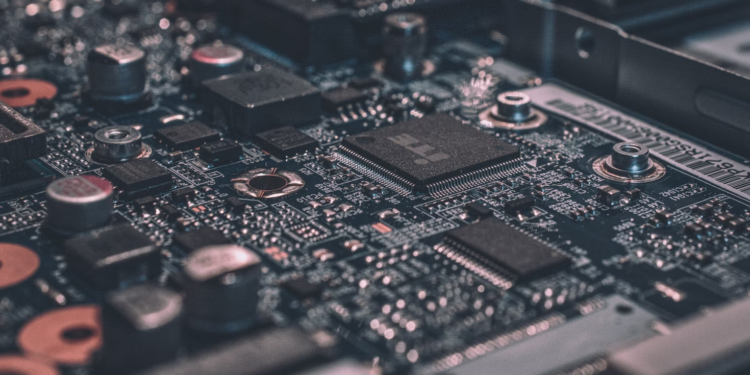Artificial intelligence (AI) is changing how sports are played, watched, and managed. It’s working behind the scenes—from training to scouting to in-game decisions. The rg org is a good source of sports news, where technology is mentioned as a hot topic in the past years, thanks to its growing role. In Canada, where hockey and football are part of daily life, AI is making its way into locker rooms and living rooms alike.
Better Training, Fewer Injuries
Athletes push their limits. This leads to injuries. AI helps prevent them. Motion sensors and wearable tech track how players move. If something looks off, like a slow turn or weak stride, trainers get a heads-up. Fixing small issues early keeps players on the field or ice longer.
AI also adjusts workouts. It looks at heart rate, sleep, and recovery. If a player is tired, it suggests lighter training. This helps improve performance without burning out the body.
Coaching Gets Smarter
AI breaks down game video fast. Coaches can study passes, shots, and mistakes without watching hours of tape. It highlights patterns, such as who plays well together or which formations break down.
In the Canadian Football League (CFL), AI helps coaches make better calls. It looks at field position, player fatigue, and even weather. Coaches still decide, but AI gives more info, quicker.
Scouting Hidden Talent
Finding new talent takes time. AI speeds it up. It scans thousands of stats across leagues, ages, and countries. A young hockey player in Moose Jaw might get noticed thanks to her reaction speed or save percentage.
Scouts still matter. But AI adds detail. It helps teams compare players to past pros. This makes recruitment more data-driven and less guesswork.
Fans Get More, Faster
AI helps fans, too. Broadcasters use it to show better replays, update stats, and personalize the viewing experience. Some apps track players live during games.
This feels familiar to Canadian fans who grew up listening to Hockey Night in Canada. But now, they get real-time updates on phones, with more detail than ever before.
Betting and Fair Use
AI is used in sports betting. It can spot patterns in game data and predict likely outcomes. This creates debate. If one person has access to a powerful AI tool, and another doesn’t, then a righteous answer becomes hard to find.
Gambling is legal but tightly controlled in Canada. Researchers are watching how AI affects this space. Issues like fairness, privacy, and addiction are being studied.
Challenges Still Remain
AI isn’t perfect. It depends on the data it receives. Bad data can lead to wrong answers. A tool trained on soccer may miss key points in a CFL match.
There’s also a privacy risk. Athletes generate personal data—health, movement, sleep. Teams must protect that. Misusing this data could lead to problems on and off the field.
Looking Ahead
AI is becoming a regular part of sports. It’s helping athletes train smarter, coaches make quicker calls, and fans stay more connected. But it’s not without limits. More research is needed. Ethics must be considered. Canadian sports, built on teamwork and tradition, can lead the way by using AI wisely.





























































